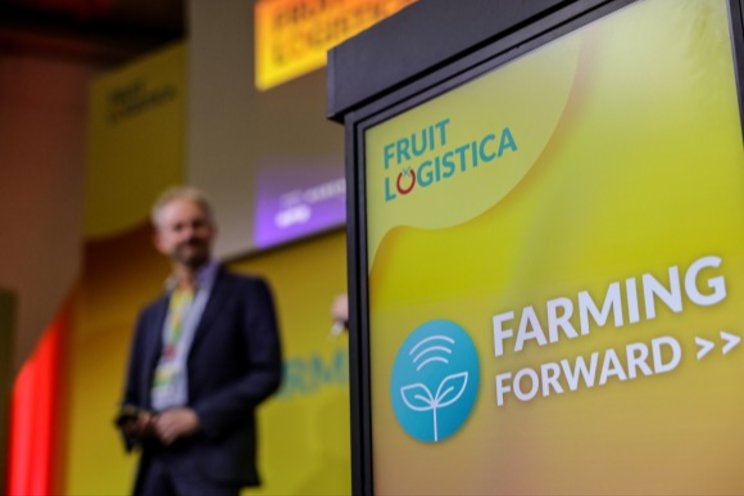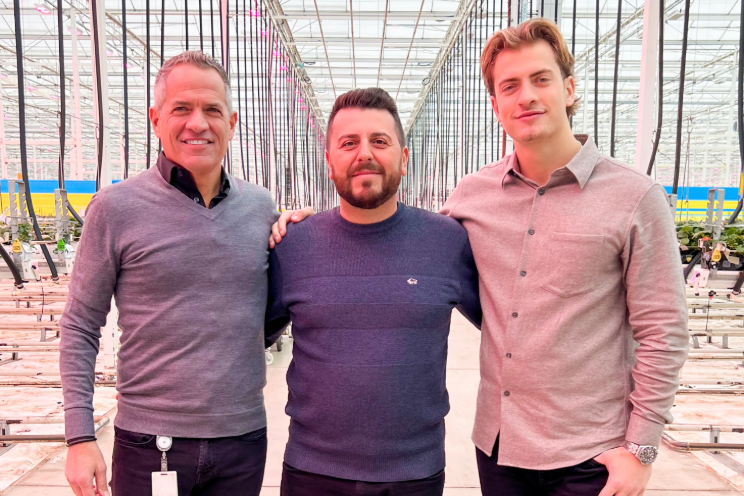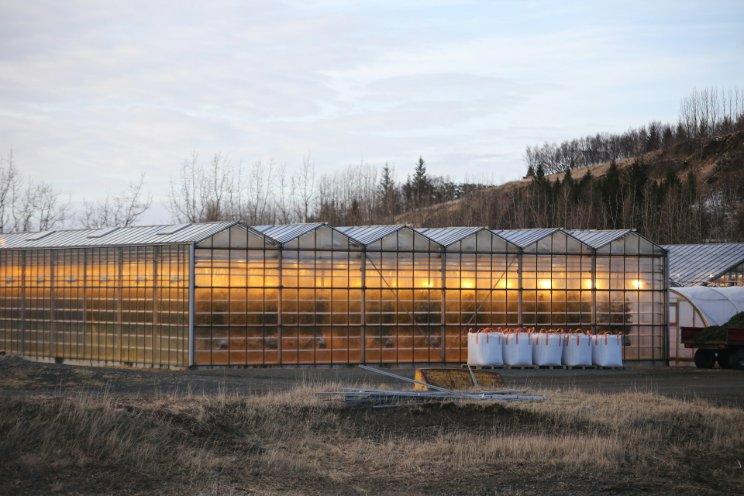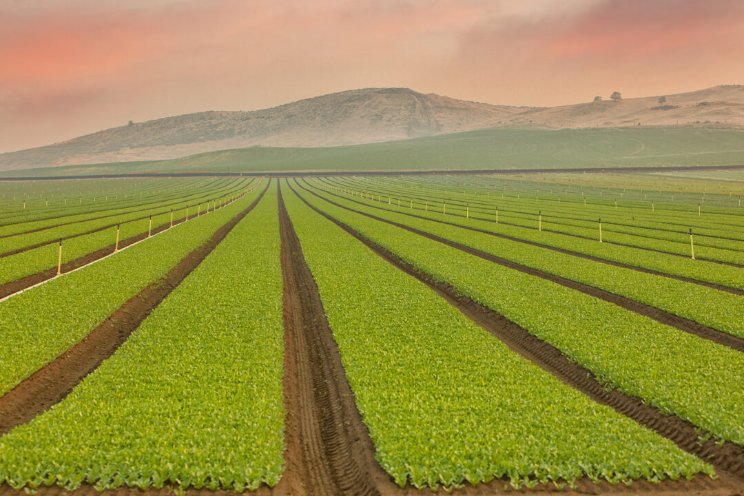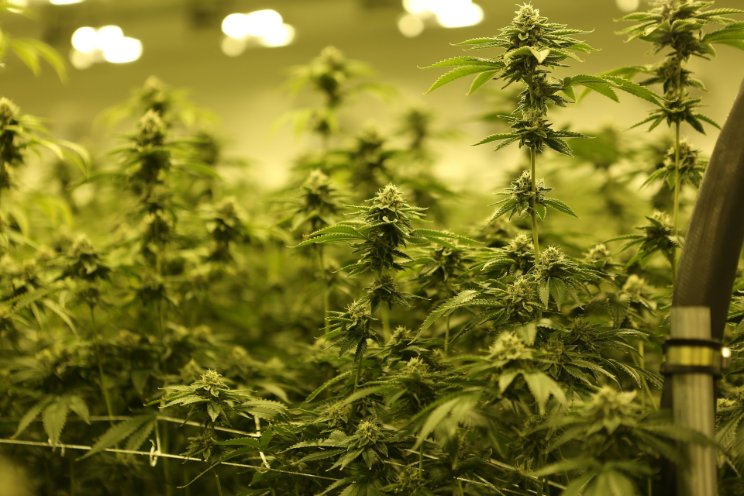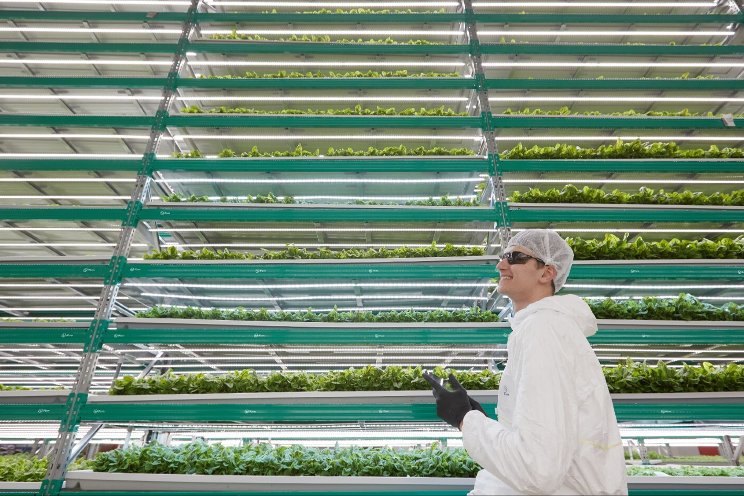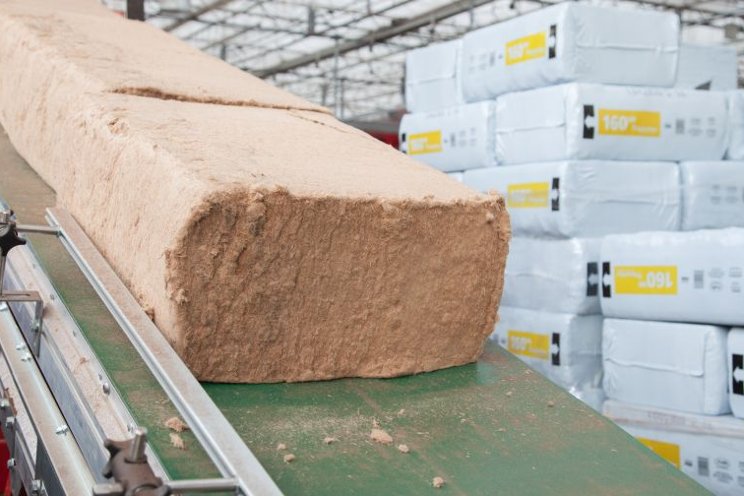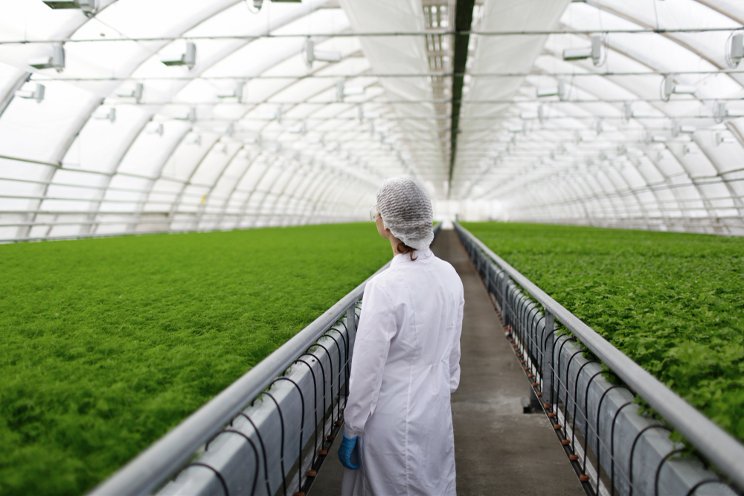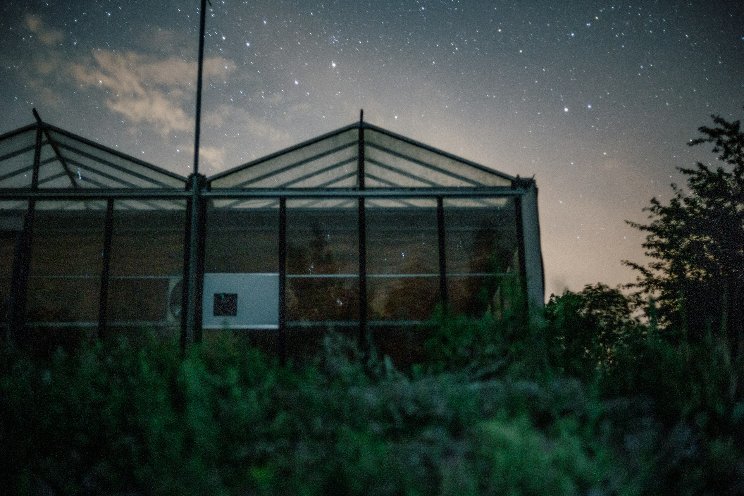Royal FloraHolland's controversial sustainability strategy
Added on 30 September 2021

There's good news from Royal FloraHolland. Today the world's largest flower hub revealed its 'new approach to digital environmental record-keeping and certification'. The auction's Management Board, in a landmark decision eagerly awaited by approximately 400 members (5 per cent of the auction's votes), explained that its new stand on sustainability "aims at encouraging and guiding growers and making participation in sustainability certification easier instead of working with fines and temporary exclusion from the marketplace."
The decision may help to take the sting out of anger of the members - signatories of this spring's FloriNEE petition urging the auction to reconsider its sustainability strategy amongst other- who heavely questioned the auction's hasty steps on the path to sustainabiliy, accusing the cooperative to sprinkle it with penalties, sanctions, and top-down in stead of bottom-up decisons.
Auction boss Steven van Schilfgaarde, who emphasised that the board has taken the decision partly by recommendation of the Member's Council, explains: "Digital environmental registration and certification remain an important first step in making our industry more sustainable and future-proof. Only this way can we be transparent to the market about the production processes of our flowers and plants, and show everyone how the industry grows its beautiful products."
If it was up to Van Schilfgaarde, the new approach marks the end of a bumpy period, calling it "a new start after an intensive period. We will cease to impose sanctions for the time being. With full conviction and new vigour, we will start promoting digital environmental registration and environmental certification, in order to realise the cooperative's joint sustainability ambition."

Steven van Schilfgaarde, CEO of Royal FloraHolland.
In the coming period, Royal FloraHolland will turn to the knowledge and skills of groups of growers (so-called 'FloraHolland Product Committees', or 'FPCs') to jointly explore how a significant increase can be achieved in the number of suppliers that conduct digital environmental registration and have an environmental certificate. The Sustainable Development Team and the Environmental Registration and Environmental Certification Support Team, supported by the FPCs, trading companies and other partners, will draw up and implement an action plan for each FPC. In short, Royal FloraHolland is developing a customised approach, because each group of growers has to deal with specific circumstances, which we can take much more into account with this approach.
Royal FloraHolland will continue to make efforts to reach at a very broadly expressed trade commitment and to make this concrete and measurable. With these words the auction references the trade's willingness to buy certified flowers and plants only as this is an important precondition for growers to take action.
Royal FloraHolland will continue to ask grower members to hold a digital environmental record-keeping and to have or obtain an environmental certificate. This is also a paragraph in the sustainability regulations associated with the Auction Regulations.
Until the end of 2022, Royal FloraHolland will encourage the implementation of environmental registration and certification by guiding growers and making participation easier. During this period, Royal FloraHolland will refrain from sanctions in the form of fines or temporary exclusion of suppliers from the marketplace. This applies to both digital environmental registration and certification. In the meantime, RFH is closely monitoring progress and at the end of 2022 it will be decided whether adjustments are necessary.
Over the past year, more than 500 growers started with digital environmental registration. Currently, 54 per cent of all suppliers (members and non-members) have a digital environmental registration (representing 89 per cent of turnover) and 41 per cent of suppliers have an environmental certificate (representing 84 per cent of turnover).
Source and Photo Courtesy of AIPH
Source: AIPH
More news
